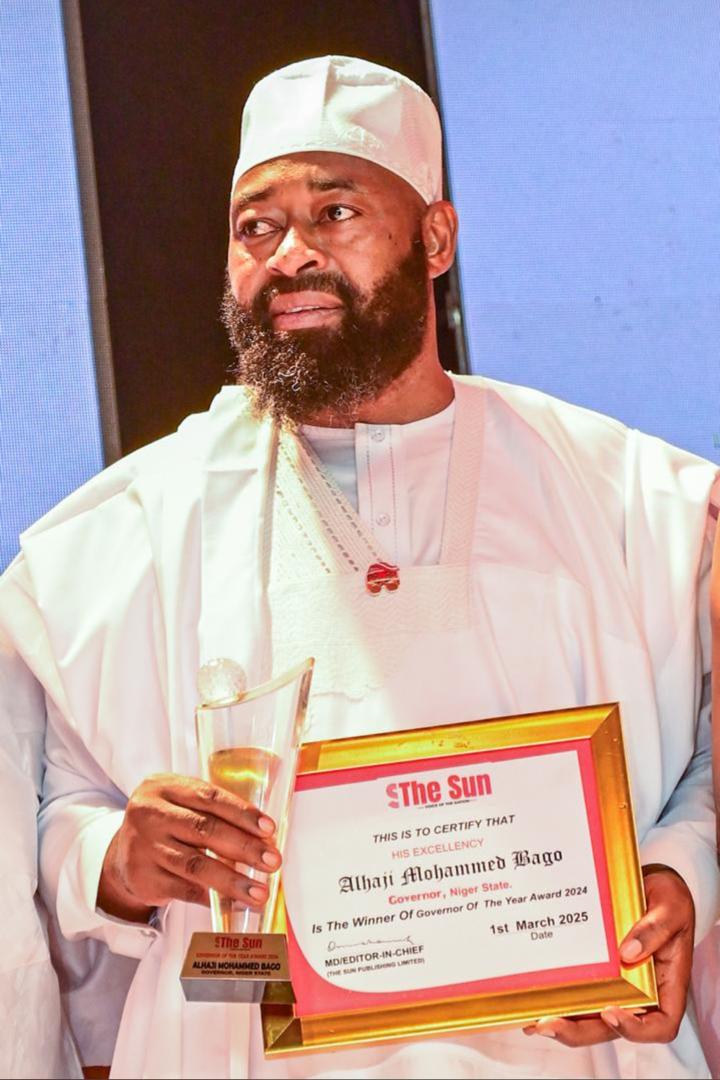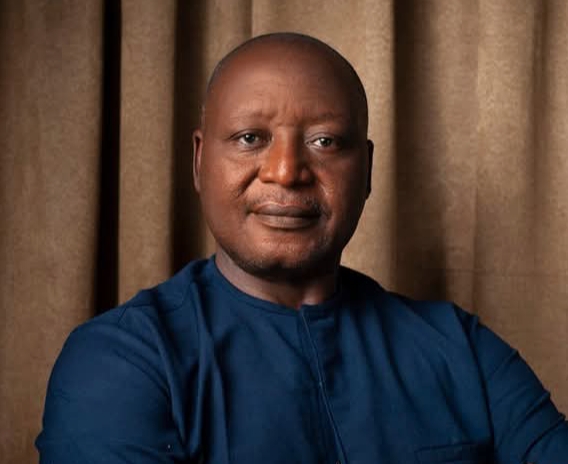News
Senators divided over source of funding for regional commissions

Lawmakers in the Red Chamber were divided on Thursday over the source of funding for the newly created Zonal Development Commissions.
The argument unfolded as the Senate and House of Representatives moved forward with legislation to establish these commissions, which were also stripped of operational immunity for their boards and executives.
The disagreement emerged during the clause-by-clause consideration of the South-South Development Commission Establishment Bill 2024, which serves as the structural template for other zonal commissions.
Central to the debate was the Senate Committee on Special Duties’ recommendation that 15% of statutory allocations from member states be directed toward funding these commissions.
Several Senators, including Yahaya Abdullahi (PDP, Kebbi North), Wasiu Eshinlokun (APC, Lagos East), and Seriake Dickson (PDP, Bayelsa West), voiced concerns over the proposed funding model.
Senator Abdullahi warned that the provision could lead to legal challenges from state governments, as no state would willingly allow its statutory allocation to be reduced.
“Mr President, distinguished colleagues, the 15% of statutory allocations of member states recommended for funding their zonal development commissions would be litigated against by some state governments,” Abdullahi said.
Seeking to clarify the matter, the Deputy President of the Senate, Barau Jibrin, quickly intervened.
He explained that the 15% allocation would not involve a direct deduction from the states’ funds.
He said, “Mr President, distinguished colleagues, the 15% of statutory allocation of member states, recommended for funding of Zonal Development Commissions by the federal government, is not about deduction at all.
“What is recommended, as contained in the report presented to us by the Committee on Special Duties and being considered by the Senate now, is that 15% of the statutory allocation of member states in a zonal development commission would, by way of calculation by the federal government, be used to fund the commission from the Consolidated Revenue Fund.
“Each state has a monthly statutory allocation, 15% of which, as contained in this report being considered, will be calculated by the federal government and removed from the Consolidated Revenue Fund for funding of their Development Commission.”
Despite Barau’s explanation, several senators remained unconvinced and expressed their desire to contribute to the debate.
However, Senate President Godswill Akpabio stepped in, asserting that the provision was constitutionally sound.
“We don’t need to debate whether 15% of statutory allocations from member states in a commission would be deducted,” Akpabio said, citing Section 162(4) of the 1999 Constitution, which grants the National Assembly the authority to appropriate funds from either the Consolidated Revenue Fund or the Federation Account.
“Fifteen percent of the statutory allocation has been recommended by the Senate, and by extension, the National Assembly, for funding these zonal development commissions. Anyone who wishes to challenge that in court is free to do so,” he added.
Akpabio then called for a voice vote, and the majority voted in favour of the provision.
In his remarks following the passage of the consolidated bills, Akpabio expressed gratitude to the Senators for their efforts in finalising the Zonal Development Commissions.
He noted that these commissions would provide a foundation for the newly created Ministry of Regional Development.
The bills passed include the South-South Development Commission Establishment Bill 2024, the North West Development Commission Act (Amendment) Bill 2024, and the South-East Development Commission Act (Amendment) Bill 2024.
The South West Development Commission Establishment Bill 2024 and the North Central Development Commission Establishment Bill 2024 were previously passed.
News
RAMADAN! CAN threatens court action over closure of schools in northern Nigeria

The Christian Association of Nigeria has issued an ultimatum to the governments of Bauchi, Katsina, Kano, and Kebbi states, demanding the reversal of their directives mandating a five-week closure of schools for the Ramadan fast.
CAN described the move as discriminatory and a violation of the rights of non-Muslim students, warning that it would pursue legal action if the orders were not rescinded.
In a statement issued on Sunday in Abuja, CAN President, Daniel Okoh, criticized the policy, highlighting its potential to worsen the educational crisis in the affected states, which already account for 44% of Nigeria’s out-of-school children.
“Education is a fundamental right and the bedrock of progress,” Okoh stated.
“The closure of schools across these states, ranging from nursery to tertiary levels, for an extended period disrupts academic schedules and threatens the educational advancement of millions of students.”
He added that the decision lacked transparency and failed to involve broad consultations with stakeholders, including Christian leaders, educators, and parents.
“Policies impacting diverse populations—Muslims, Christians, and others—demand transparent, inclusive dialogue with parents, educators, religious leaders, and school proprietors.
“The absence of such engagement erodes trust and unity in our pluralistic society,” Okoh remarked.
Citing examples from predominantly Islamic nations like Saudi Arabia and the United Arab Emirates, the CAN President argued that Nigeria should adopt pragmatic measures that balance religious observance with education.
“Globally, nations like Saudi Arabia and the United Arab Emirates—where Islam is central and Ramadan deeply revered—do not shut down schools for the entire fasting period.
“Instead, they adapt schedules, shortening hours or offering flexibility, to balance education with religious practice. A month-long closure, or five weeks in Bauchi’s case, is excessive and departs from sensible precedent,” Okoh said.
CAN emphasised that it remains committed to interfaith harmony but would not tolerate policies that undermine constitutional rights.
The association called on Governors Bala Mohammed (Bauchi), Dikko Umar Radda (Katsina), Abba Kabir Yusuf (Kano), and Nasir Idris (Kebbi) to engage stakeholders in constructive dialogue to resolve the issue.
“Transparency is essential, and we expect these governments to act in good faith by promptly engaging all parties.
“The education of our children and the unity of our states are at stake. Should these rights face further jeopardy or dialogue fail to deliver justice, CAN is prepared to seek legal recourse,” Okoh warned.
CAN concluded with an appeal for calm among residents of the affected states, urging unity and cooperation to ensure no child’s education is compromised.
“Let us unite as Nigerians to forge a society where faith and progress harmonize, where no child’s education is compromised, and where every community is valued,” the statement read.
News
Governor Bago Dedicates Sun Newspaper Award to Nigerian Farmers

News
Candidate From Zamfara With 120 In JAMB Can Study Medicine At ABU, My Child With 240 Can’t -Luka Binniyat

By Kayode Sanni-Arewa
Luka Binniyat, the national spokesman for the Middle Belt Forum, has raised concerns about what he sees as unfair admission policies in some universities in the north.
Speaking in an interview with Punch, Luka Binniyat mentioned that his child who is from the Christian North scored 240 in JAMB and was not allowed to study Medicine at Ahmadu Bello University located in Zaria, Kaduna State.
However, he said a student from Zamfara State who scored as low as 120 was admitted into the university for the same course.
He queried how such a system could promote unity in the north?
In Luka Binniyat’s exact words: “How can my child, who is from the Christian North, score 200 in JAMB or 240 points in JAMB, and he cannot study Medicine at Ahmadu Bello University, but a child from Zamfara State who scored 120 is allowed to study Medicine? How can there be unity?”
-

 News18 hours ago
News18 hours agoSAD! Six-Yr-Old K!lls American Police Officer in Defense of Her Mother
-

 News18 hours ago
News18 hours agoNDLEA operatives nab Turkey-bound businessman, excretes 120 wraps of cocaine at Kano airport(Photos)
-

 News17 hours ago
News17 hours agoBurkina Faso Finally Establishes First National Refinery
-

 News12 hours ago
News12 hours agoConfusion as Church members halt Service on Sunday morning
-

 News10 hours ago
News10 hours agoSe3ual Harassment Palaver: Panic As Natasha’s Camp Confirms Solid Evidence Against Akpabio
-

 Economy10 hours ago
Economy10 hours agoSEE Naira To Dollar Exchange Rate, Black Market– March 2
-

 News12 hours ago
News12 hours agoHow My Abductors Threatened To Kill Me After Raising N400k Out Of N10m Ransom – Olabisi
-

 News11 hours ago
News11 hours agoOver 20,000 Stranded Nigerians Returned Home Through IOM Assistance







